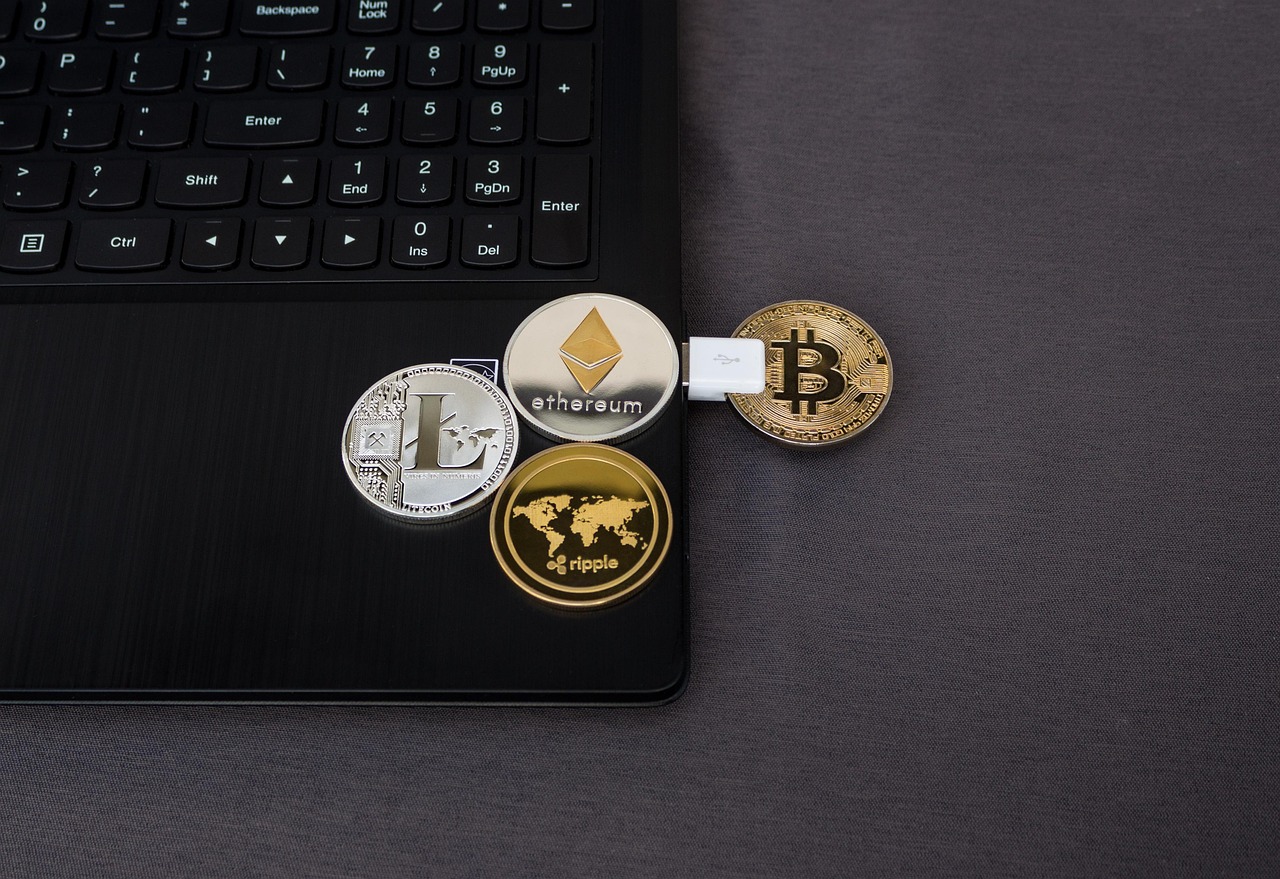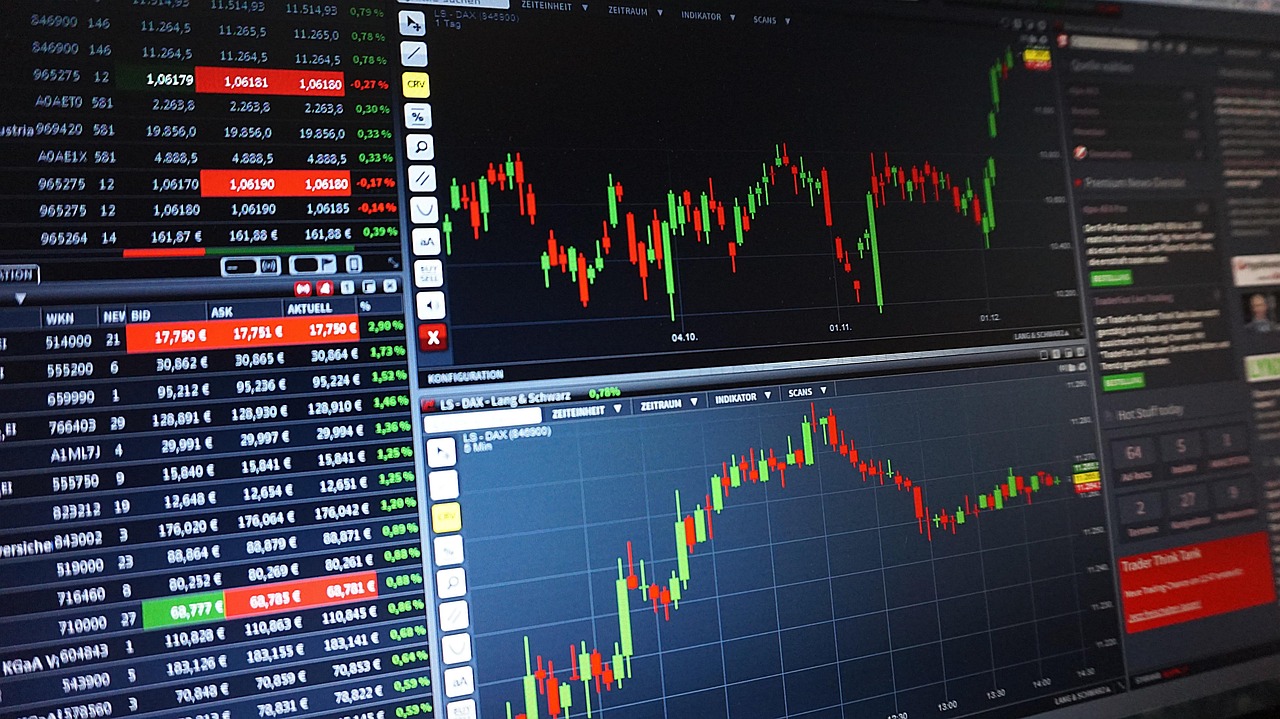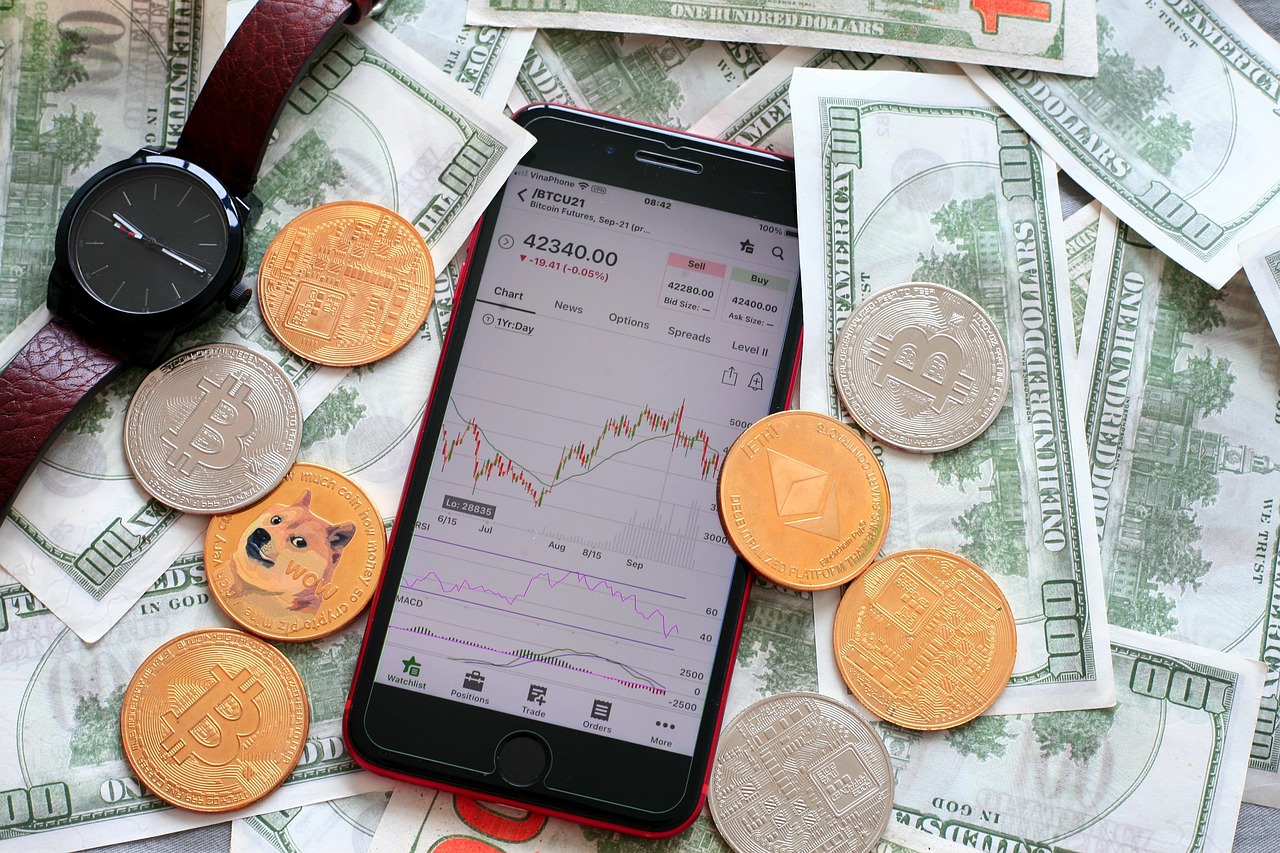Introduction
The rise of cryptocurrency has opened new doors for investors across the globe. From Bitcoin to Ethereum and beyond, millions are entering the crypto market. But with great opportunity comes great responsibility. In 2025, cyber threats, exchange hacks, and wallet scams remain serious risks for crypto traders and holders.
Whether you’re a beginner or an experienced investor, choosing the right secure crypto wallets and trading platforms is essential to protect your digital assets.
This blog post will guide you through:
The importance of crypto security
The best wallets (hardware, software, mobile)
The most secure trading platforms in 2025
Tips to avoid fraud, scams, and theft
Why Crypto Security Matters in 2025
Cryptocurrencies are decentralized and largely unregulated. While that offers freedom, it also shifts full responsibility to the user. Once your crypto is lost or stolen, there’s no recovery mechanism, no bank, and often no legal recourse.
Key Threats in 2025:
Phishing attacks
Exchange hacks
SIM-swapping
Malicious browser extensions
Fake wallets and apps
Weak passwords or 2FA lapses
In 2025, cybercriminals use AI, deepfakes, and social engineering to trick users. This makes crypto security more important than ever.
What Is a Crypto Wallet?
A crypto wallet is a tool that lets you store and manage your digital assets. It holds your private keys—a unique code that gives access to your coins.
Two Main Types of Wallets:
Hot Wallets (connected to the internet)
Easier for frequent trading
Less secure than cold wallets
Cold Wallets (offline storage)
Ideal for long-term holding
Virtually hack-proof if used correctly
Top 5 Secure Crypto Wallets for 2025
- Ledger Nano X (Hardware Wallet)
Security:
Certified secure chip (CC EAL5+)
Bluetooth encryption
Pin code and recovery seed
Pros:
Offline storage
Mobile support
Easy Ledger Live app
Best For: Long-term holders and high-value investors.
- Trezor Model T (Hardware Wallet)
Security:
Open-source firmware
Passphrase and seed backup
No wireless connection (better isolation)
Pros:
Touchscreen UI
Supports 1200+ coins
No need for trust in closed software
Best For: Security-focused users and open-source enthusiasts.
- MetaMask (Hot Wallet / Browser + Mobile)
Security:
Local key storage
Biometric authentication
Password protection
Pros:
Easy integration with DeFi
NFT support
Runs in Chrome, Brave, Firefox
Best For: DeFi traders and Ethereum ecosystem users.
- Trust Wallet (Mobile Wallet)
Security:
Local key storage
Encrypted private keys
Biometric lock options
Pros:
Supports 70+ blockchains
In-app staking and swapping
Owned by Binance
Best For: Mobile users and altcoin investors.
- Exodus Wallet (Desktop & Mobile)
Security:
Encrypted private keys
Local key storage
Trezor integration supported
Pros:
Sleek UI
Multi-platform
Built-in exchange and staking
Best For: Beginners and intermediate users who want flexibility.
What to Look for in a Secure Crypto Wallet
Private Key Control: You must control your private keys (not custodial).
Backup & Recovery Options: Ensure 12/24-word recovery phrases are safely stored.
Multi-factor Authentication (2FA): Adds an extra security layer.
Reputation & Reviews: Avoid new, unverified apps.
Active Development: Frequent updates protect against vulnerabilities.
Top 5 Secure Crypto Trading Platforms for 2025
Choosing the right exchange is as important as picking a secure wallet. A strong platform should combine ease of use, regulatory compliance, and airtight security.
- Coinbase (USA & Global)
Security Features:
98% cold storage
Insurance coverage for assets held
2FA, biometric login
Pros:
Publicly traded
Licensed in multiple countries
Beginner-friendly
Cons:
Higher fees
Best For: First-time crypto buyers who want regulated, secure access.
- Binance (Global / Binance US for USA)
Security Features:
SAFU insurance fund
AI-based fraud detection
2FA, withdrawal whitelist
Pros:
Wide coin selection
Advanced tools
Staking and P2P
Cons:
Regulatory pressure in some countries
Best For: Traders looking for low fees and high liquidity.
- Kraken
Security Features:
Cold wallet storage
Master key for account recovery
Bug bounty program
Pros:
High trust rating
Clean interface
FIAT and crypto pairings
Cons:
Slower customer support at times
Best For: Security-conscious users and margin traders.
- Gemini (USA)
Security Features:
Regulated trust company
SOC 2 compliance
Hardware security modules (HSMs)
Pros:
Insurance on hot wallets
Strong institutional backing
Supports recurring buys
Cons:
Limited altcoins
Best For: US-based users who want compliance and peace of mind.
- Bybit (For Experienced Users)
Security Features:
Cold wallet system
Manual withdrawal verification
DDoS protection
Pros:
Derivatives and futures
Leverage up to 100x
Copy trading features
Cons:
Not available in some regions
Best For: Pro traders and high-volume users.
Key Platform Security Features to Look For
Cold Storage Usage
The platform should keep 90%+ of funds in offline storage.
Multi-Layer Login Protection
Use 2FA, biometric login, and anti-phishing codes.
Withdrawal Whitelists
Allow withdrawals only to approved wallet addresses.
Account Activity Alerts
Real-time alerts for logins and transfers.
Insurance Coverage
Some platforms offer coverage for hacks—read the fine print.
How to Stay Safe While Trading Crypto in 2025
Even the best wallet or platform can’t protect you if you don’t follow basic security practices. Here are critical steps to follow:
- Use Strong, Unique Passwords
Never reuse passwords. Use a password manager like Bitwarden or 1Password. - Enable 2FA Everywhere
Google Authenticator or Authy is better than SMS-based 2FA, which is vulnerable to SIM swapping. - Avoid Public Wi-Fi
Use VPNs or trusted networks when accessing your accounts. - Double-Check URLs
Only visit official platform URLs. Bookmark them. - Keep Backup Phrases Offline
Never store recovery phrases online or in screenshots. Write them down and keep them in a fireproof safe. - Use Cold Wallets for Storage
Only keep trading funds on exchanges. Move long-term holdings to a hardware wallet. - Be Wary of Fake Apps and Extensions
Download only from official sources (Google Play, App Store, or official websites).
Regulatory Outlook in 2025
Governments worldwide are tightening their grip on crypto. While this may reduce decentralization, it increases safety for users.
India: Mandates KYC on all exchanges
USA: SEC and IRS enforce stronger tax reporting and AML
EU: MiCA regulation standardizes crypto governance
Secure platforms are complying with these changes, offering safer user experiences and legal protection.
Final Thoughts
In 2025, the crypto space offers massive financial potential—but also considerable risks. Choosing secure wallets and reputable trading platforms is non-negotiable for anyone serious about protecting their investments.
To recap:
Use hardware wallets like Ledger or Trezor for cold storage.
Trade on regulated platforms like Coinbase, Binance, or Kraken.
Follow best practices: 2FA, password hygiene, withdrawal whitelists.
Stay informed about the latest threats and scams.
Protect your assets like you’d protect your physical wealth—because in crypto, you are your own bank.



